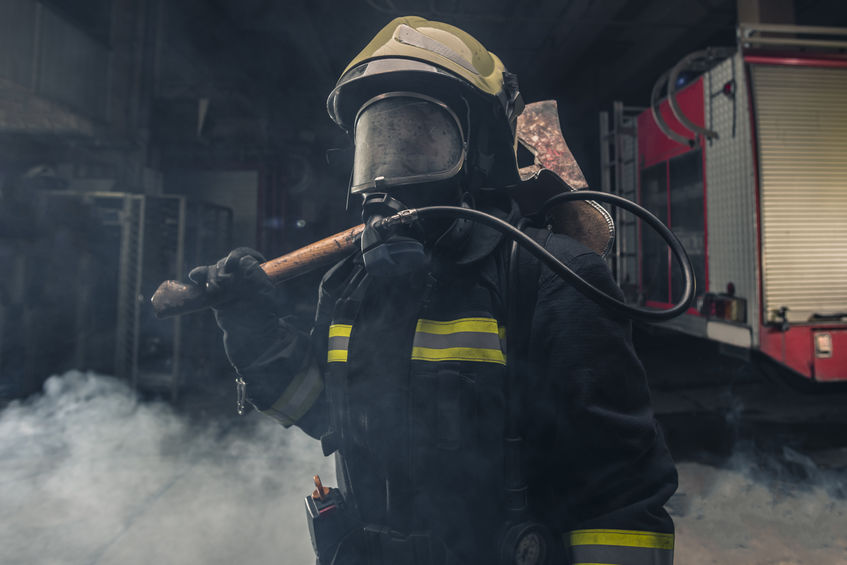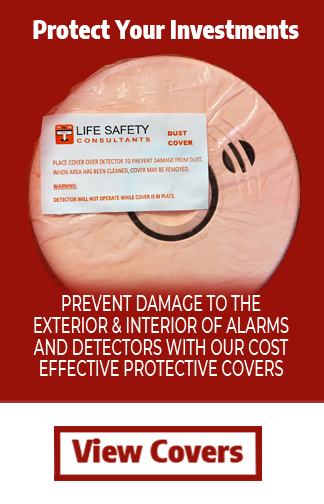 Commercial fires can be deadly. Not only do they ruin assets, but they can also harm employees, customers and/or visitors. Safety hazards include smoke inhalation and carbon monoxide poisoning. What can you do to avoid commercial fires where you work?
Commercial fires can be deadly. Not only do they ruin assets, but they can also harm employees, customers and/or visitors. Safety hazards include smoke inhalation and carbon monoxide poisoning. What can you do to avoid commercial fires where you work?
Fire Evacuation Plan
First, it’s important that there’s a plan in place in case a fire starts. Ideally, it should be an evacuation plan so people get out of the building(s). Someone at work should be designated to lead the emergency evacuation process. Perhaps a committee or team could take the time to know all about evacuation procedures as well as how to use equipment like fire extinguishers and what to do if/when a fire starts. Don’t forget to take into account how to get disabled people out of the building. With a plan in place, then it’s time to put into practice all that is known and/or learned. Do fire drills. Check to make sure exits aren’t blocked. Mark the building with evacuation maps.
Testing Commercial Fire Alarm Parts
Next, test (and inspect) the fire safety devices you have on hand. They should be in good working order, and if they’re not, fix or replace them. Check alarm systems, fire extinguishers and sprinkler systems. Have someone from the local fire department visit and do an inspection. Replace batteries as needed in things like smoke detectors. Consider connecting to a 24/7 central monitoring system to keep tabs on the place even late at night or holidays when no one’s physically there.
Electrical Hazards
Thirdly, be on the lookout for electrical hazards such as items not fully plugged in, frayed wires, overloaded outlets, etc. Keep equipment (such as printers and computers) away from water and heating sources.
Equipment Knowledge
Finally, come up with rules for your building that everyone knows and everyone follows. For example, in the kitchen what is acceptable to do, and what’s not? There’s a difference between using a stove to cook versus heating something up in the microwave.
You can safeguard your commercial setting by being prepared and proactive when it comes to fire safety. For more info, call Life Safety Consultants at 1-888-557-0558.

